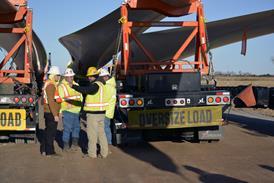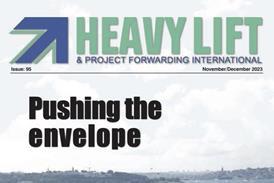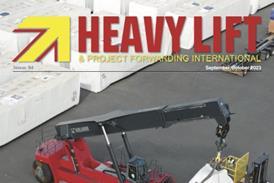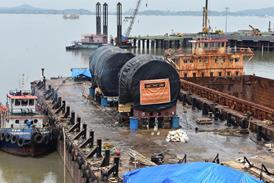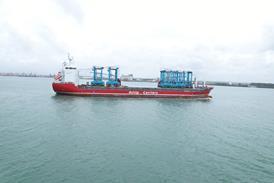September 8 - Hill Dickinson has warned ship owners and charterers that they may have to draft additional clauses for charters that see ships calling in Ebola-affected countries.
The current Ebola outbreak is concentrated predominantly in West Africa, including Guinea, Liberia, Sierra Leone and Nigeria, and is the largest outbreak ever reported.
A number of global shipping organisations, including the International Chamber of Shipping, the International Maritime Employers' Council, and the International Transport Workers' Federation, have issued guidance on the risks associated with vessels calling at affected countries, recommending that: ISPS standards should be adhered to in order to control the problem of stowaways; crews should be made aware of the risks of the virus and how to reduce exposure; careful consideration should be taken before granting any shore leave while in impacted ports; and owners and operators should avoid making crew changes in the ports of affected countries.
A report by Hill Dickinson states that it is far from clear how long the outbreak will last, and which further countries it will affect.
Due to a great deal of uncertainty, the shipping industry must take precautions to minimise the impact of the current outbreak, but also anticipate that greater quarantine and preventative measures may come into force at a future date.
The report also discusses the nuances of the law. English law traditionally focuses on the safety of the vessel and cargo, rather than the health of the ship's crew. In this instance, however, there are strong arguments either way as to whether a risk to the crew is enough to make a port unsafe.
In view of these issues, Hill Dickinson suggests that owners may seek to raise legal arguments as to the safety of a nominated port in a country affected by the virus.
The UK based law firm advises that to avoid uncertainty in both time and voyage charters, parties may wish to draft appropriate clauses restricting vessels from calling at affected ports.
Should port medical authorities refuse entry to a vessel, the owners will need to look at the specific provisions of their charter party, particularly in relation to the commencement of laytime.
Where a vessel is under quarantine before laytime has commenced, the period may not run because loading or discharge cannot commence. Hill Dickinson advises parties to draft specific additional clauses to their contracts, in order to pre-empt such issues and avoid ambiguities.
As well as drafting appropriate charter party and/or bill of lading clauses, the law firm says that it is essential to keep up to date with warnings and guidance issued by port authorities, national and international authorities, and industry leaders, in order to minimise exposure to potential risks and ensure that protective measures are implemented.


